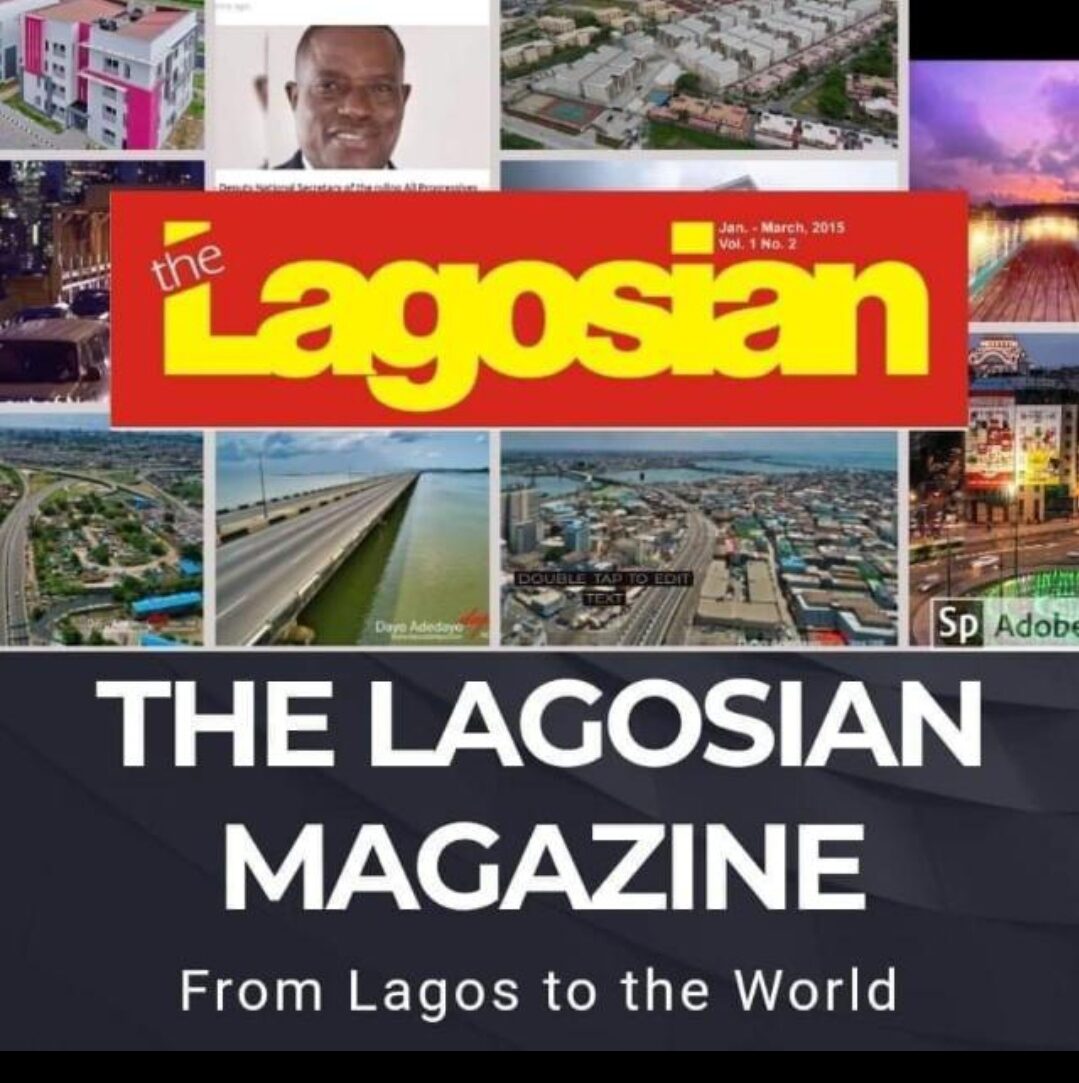Almost 17 years since the telecom giant opened for business in Nigeria, Globacom’s brand mission to be Africa’s biggest network remains on track – arguably. From its inception, the brand clearly stated an intention to utilise its innovative services to its customers across the continent, while its national and continental commitment through storytelling has been evident.

Gary Harwood, the co-founder of HKLM, the agency that conceptualised Globacom’s name and branding, explained that it takes special skills to build indigenous brands rather than coat-tailing big international brands.
“You need to get out of your comfort zone and out of the major cities to understand the market dynamics specific to different countries, different regions and the different cultures within specific countries,†Harwood said. “Brands are not built overnight; it takes persistence, tenacity and dedication to build a compelling brand capable of standing the test of time.â€
Experts surveyed by Culture Intelligence from RED, a leading think tank on media, marketing, and the culture, emphasised that an appeal to national identity would work on different customer segments. However, consumers are much more focused on accessing the best solutions and opportunities from telecoms brands.
“At the surface level, there are two major consumer segments for the Globacom brand and its competitors: an older generation, with much-limited tech literacy and a personal bias towards their phones rather than the network provider,” said an expert. “They need phones with fewer complex features, prefer to stick with a phone number they are already used to and do not demand so much from their network. This segment can be attracted through an appeal to national identity.
“But the younger generation has higher expectations of digital channels, collaborative and social communications and will not take a network that cannot provide the minimum of excellent network coverage and consistent internet service lightly. Therefore, an appeal to national identity would only make for good stories for this segment,” she concluded.
Globacom advertisement derive their images from the semiotics and visual images in a highly cultural indigenous environment. This style also applies to the language in its advertising that is mostly indigenous material resources, enhancing the interpretation and meaning-sharing among customers.
Experts also recognised the brand’s unique brand position and storytelling, which they explained will be a winning strategy if combined with excellent customer service.
“Every business needs to build a good relationship with its customers to maintain its sales,” said another expert. “For such a competitive market, the Globacom brand has carved a niche for itself as a Nigerian brand. It cannot be copied or replicated by any competing brand. And when good brand stories are supported with excellent customer service, it becomes a winning strategy and storytelling for any brand. Such stories spread really fast, and customers will always want to join in – that’s how brands increase sales and improve brand loyalty.â€
According to the downloadable report released weekly by the consulting think-tank, approximately 73% of the consumer panel see Globacom as a genuine Nigerian brand while 63.1% view the brand positively.
Culture Intelligence from RED supports companies, governments, and change makers with data-backed insight for evidence-based decision-making. It aggregates consumers’ ideas, opinions, and behaviours to solve problems and identify growth opportunities.

